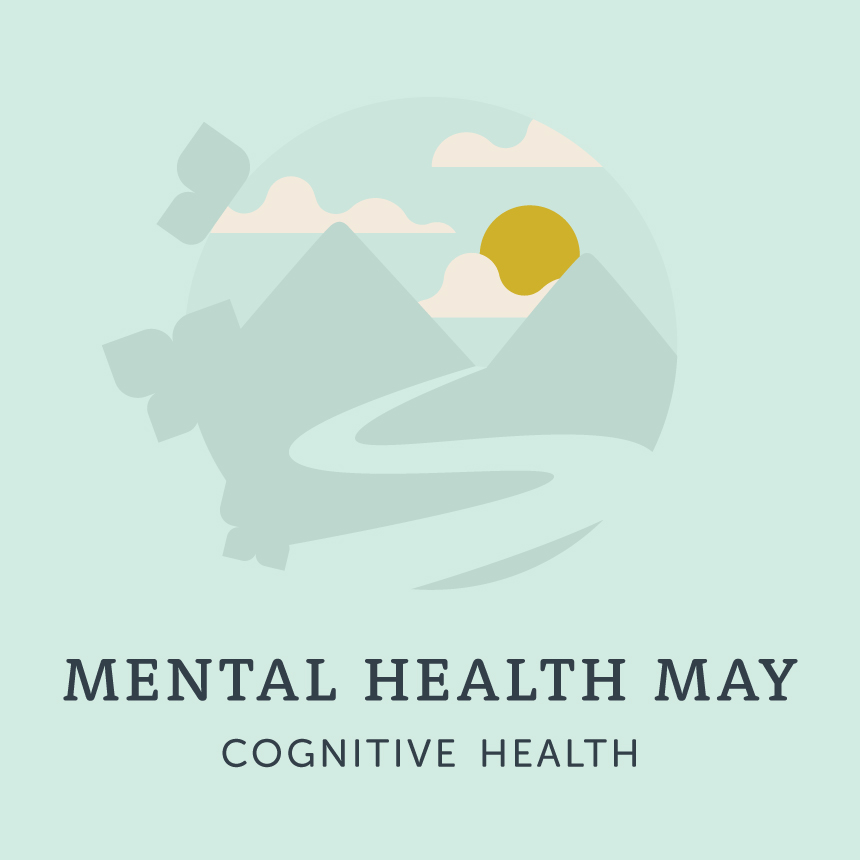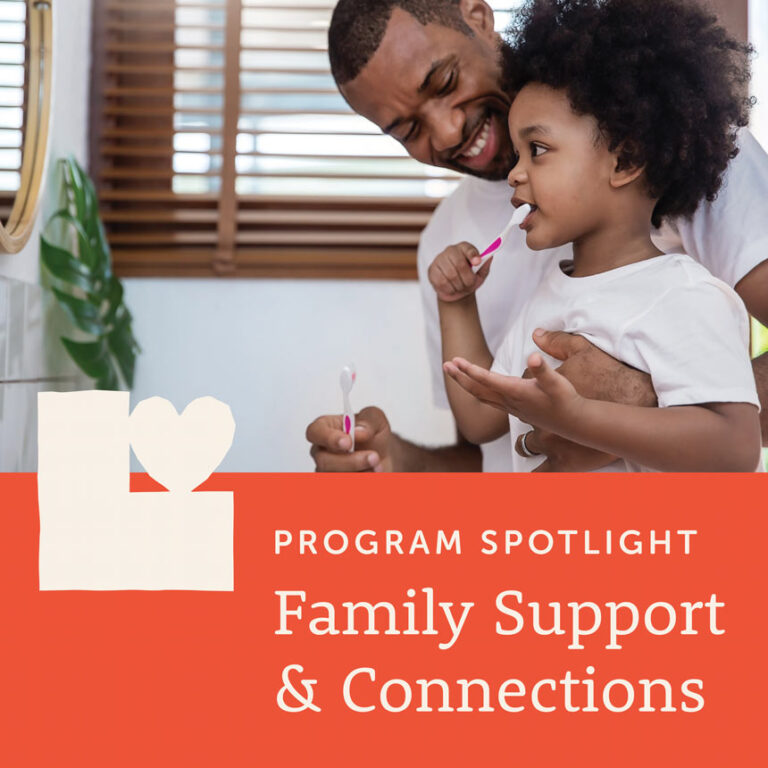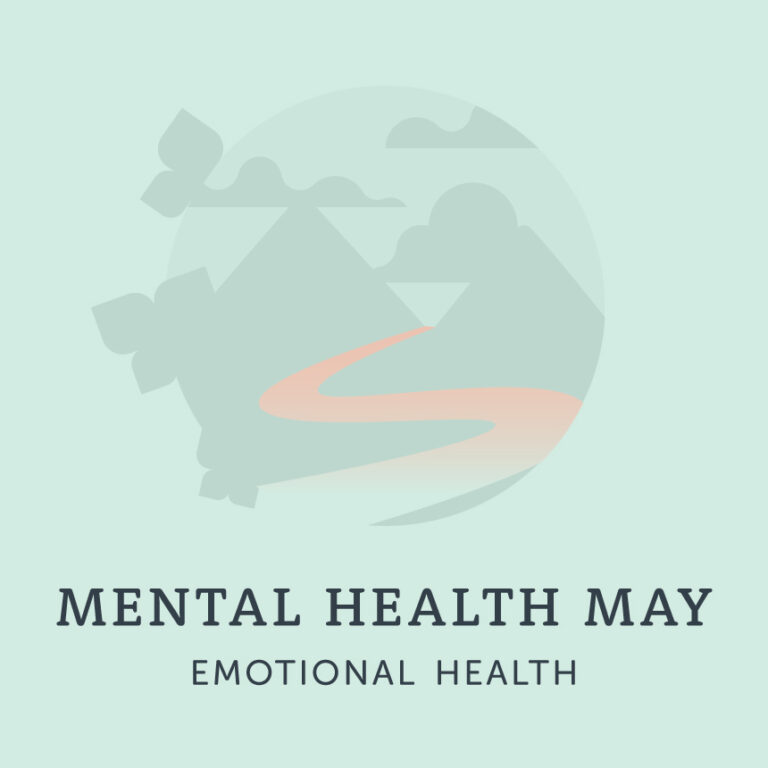
This Mental Health Awareness Month, we are looking at each of the four pillars of mental health: physical health, cognitive health, emotional health, and social health.
Starting your morning with a word game is fun, but can it also improve your mind? The question aims to address the importance of cognitive health, one of the four pillars of mental health. Each pillar plays a role in your overall wellbeing.
What is cognitive health?
The National Institute on Aging defines cognitive health, also known as brain health, as the “ability to think, learn, and remember clearly.” Aspects include:
- Learning new skills
- Retaining information
- Maintaining focus
- Communicating well
Many often talk about cognitive decline in conversations about aging, but brain health can change at any age.
How brain health impacts mental health
The Mayo Clinic highlights that when someone’s brain health is suffering, it can take a toll on mental health. Activities that were once fun can become less enjoyable. Some who starts to experience cognitive decline may also withdraw or feel unable to participate in activities with friends or family. Others experience anxiety when they become aware that their brain isn’t working as well as it once did.
Physical health and cognitive health
Harvard University says “you need a healthy body to have a healthy brain.” One way to stay on top of your brain health is to get enough sleep, exercise regularly, and keep your stress at bay. For example, recent studies show that following a MIND diet – one that avoids animal products and emphasizes plant-based foods – may slow decline. The American Association of Retired Persons, or AARP, highlights the connection between brain health, diet, and exercise. They created a full resource page that covers “how to eat and move like your brain depends on it.”
Boosting brain health pays off
Studies show that both playing and listening to music can help. In one study, Johns Hopkins Medicine measured brain activity during jazz and rap improvisation. Their findings were that music is complex, and it requires a lot of brain work to create or appreciate it. This combination can help improve brain health.
Scientific Reports has good news for those who love to talk: Older adults who speak more throughout the days do better on memory tests.
Back to our opening question: Do morning word games help? Experts at The Cleveland Clinic say that puzzles can improve brain function. The benefit comes from activities that force you to learn something new.
9If you worry about your or a loved one’s brain health, LifeWorks NW has qualified therapists who can help. Call 503-645-9010 or fill out our contact form for details.
LEARN MORE
- Keep the brain engaged, even when we aren’t, LifeWorks NW
- Six steps to cognitive health, Harvard Health
- Can listening to the Beatles improve your memory?, Northeastern Global News
- Brain health – Diet and exercise, AARP










